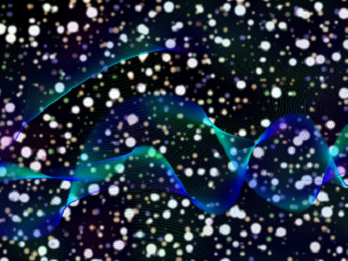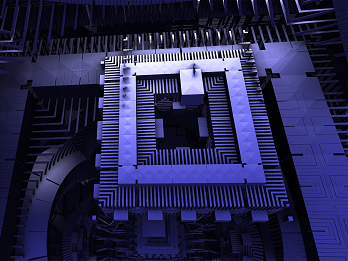Quantum Discovery of Science
Our group develops quantum algorithms and theoretical models for a range of physical systems and applications. We are part of the Sheffield Quantum Centre, University of Sheffield, UK.

The evolution of interactive quantum systems is notoriously difficult to predict. This is due to exponentially increasing space of states and the complexity of matrix exponentiation. We propose quantum simulation methods where dynamics is generated by engineered Hamiltonians in various quantum systems. These include analogue and digital quantum simulators with superconducting circuits, strongly coupled semiconductor materials, molecules and proteins, Rydberg atoms, etc. The proposed simulators help understanding fundamental questions (for instance, time crystallisation) and learn properties of simulated models relevant from the industrial point of view (Fermi-Hubbard simulators).

Quantum theory has begun with the discovery of photons as quanta of light. Optical systems represent an excellent platform for quantum technologies, thanks to fast room-temperature operation. However, as photons are non-interacting particles, many quantum optical applications require introducing effective nonlinearity for photons. We study systems where light couples strongly to excitations in various materials (semiconductor quantum wells, atomically-thin monolayers, organics, etc.) Specifically, we develop the area of polaritonics, where hybrid light-matter quasiparticles – exciton-polaritons – enable strong nonlinear optical effects in high-quality systems.

Classical computers operate information encoded in the binary form, and process it using semiconductor microchips with billions of transistors. While classical computers are successful in solving various computational tasks, certain problems require exponential increase of their runtime with the system size, making some calculations very long or even impossible. Quantum computers can offer the solution by encoding infromation in quantum states and processing it by well-controlled quantum devices. We develop algorithms for quantum computers that are currently being built and operate in the presence of noise. Our goal is to offer efficient quantum software and novel use-cases.
To follow the latest announcements, see RSS feed of the QuDOS LinkedIn page with
OUR NEWS
Copyright © 2021 - kyriienko.github.io || QuDOS
Template by OS Templates